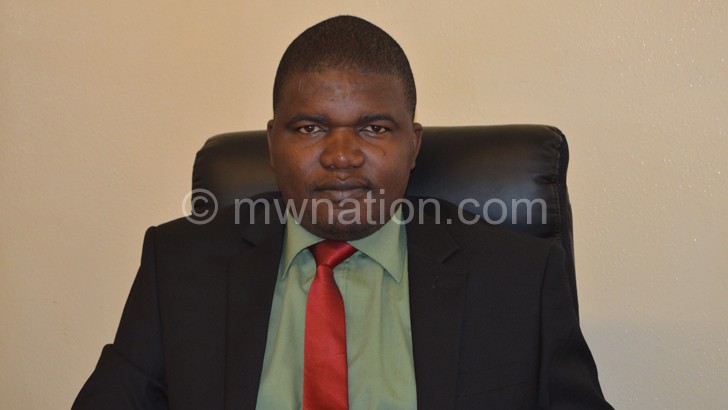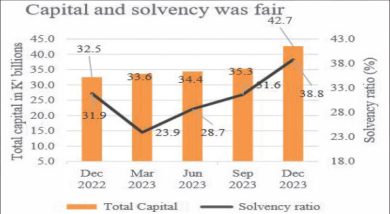Itching for farmers satisfaction in tobacco sales
Having been involved in growing tobacco since the 1970s, then helping his father out, Yotamu Chitaya of Kamwe in Mzimba would surely attract no scorn if he claimed to be one of those that could competently speak on buying and selling of tobacco.
He saw his father reap admirably and invest proceeds from tobacco sales in putting up residential buildings and shops, which the young Chitaya now manages in Mzuzu and Lilongwe, and is now seeing farmers toil on the farms and get miserable earnings from the same.

100 percent auction system
“Those were the days that may not be replicated unless the system of selling the tobacco changes to suit the interests of the farmer,” says Chitaya.
“I would, as a farmer, suggest that government brings back that old system when auction buying and selling was at 100 percent. Otherwise the farmer will keep toiling for nothing.” he adds.
He says with the setting up of minimum buying prices, determined after the examination of the cost of producing the crop by the Agricultural Research and Extension Trust [Aret], auction trading at that higher level would massively benefit the farmer and allow them to invest the proceeds.
“That would bring so many advantages to the farmer. When selling by auction it means that prices will be starting from the minimum set with recommendations by Aret and they can only be going upwards and not down,” he added.

“Thus, a farmer has a wide range of chances of gaining more money from a kilogramme of tobacco with the system in place. It is the best because the farmer knows the range around which the prices would be hovering before they take their produce to the floors. A farmer ought to know the price of tobacco before he or she goes into the field and grows the crop.”
He added that the proposition of a 100 percent auction selling system should herald a number of changes in the tobacco selling system, something that would see the farmer reaping the expected benefits from their efforts.
Among the changes, Chitaya suggests that deductions from the farmers’ proceeds should be revised, cutting down the deducted amount so that the farmer carts home more.
“Our calculations show that after the deductions the farmer remains with around 35 percent of the total sales. As much as 60 to 70 percent goes into auction levy, Tobacco Control Commission [TCC] and other levies,” adds Chitaya.
Tobacco levies also include association levy ($0.07 or K38 per kilogramme), Tobacco Association of Malawi (Tama) hessian scheme ($1.65 or K890 per bale) and TIL ($1.89 or K1 020 per bale).
“The 30 percent that goes into the pocket of the farmer is the same that pays tenants and loans the farmers might have taken. So you can see that it is very difficult for the farmer, and something must be done. What I would like to improve on the auction buying system is that government should help the auction floors put the interests of the farmer before everything else.
“Again, the role of Aret in the growing of tobacco should be enhanced. Apart from recommending the minimum prices after considering factors of production, Aret also certifies the type of fertiliser to be applied in the field. And there should be efforts to reduce the rate of rejected tobacco at the floors.”
He said there is also need for changing the charges for transporting the tobacco from the fields to the auction floors, suggesting that the deductions for transport should be done per kilogramme and not per bale as is mostly the case at the moment.
He said transporters charge a round figure per bale regardless of how much the bale weighs.
Mark Ndipita, AHL Group corporate affairs manager, said in an interview that the group only facilitates marketing of tobacco using both contract and auction systems at its trading floors put in place by government.
“However, the issue of whether the country should roll out auction system 100 percent has been widely debated in the past few years and we at AHL Group are saying farmers are the best people to choose which system works better for them.
“In terms of the rate of rejects, farmers are always advised to bring to the floors tobacco that does not contain non-tobacco materials that compromise the quality of the tobacco. If buyers find tobacco with these materials they reject such tobacco. The advice, therefore, is for them to follow recommended practices and avoid such cases,” said Ndipita.




